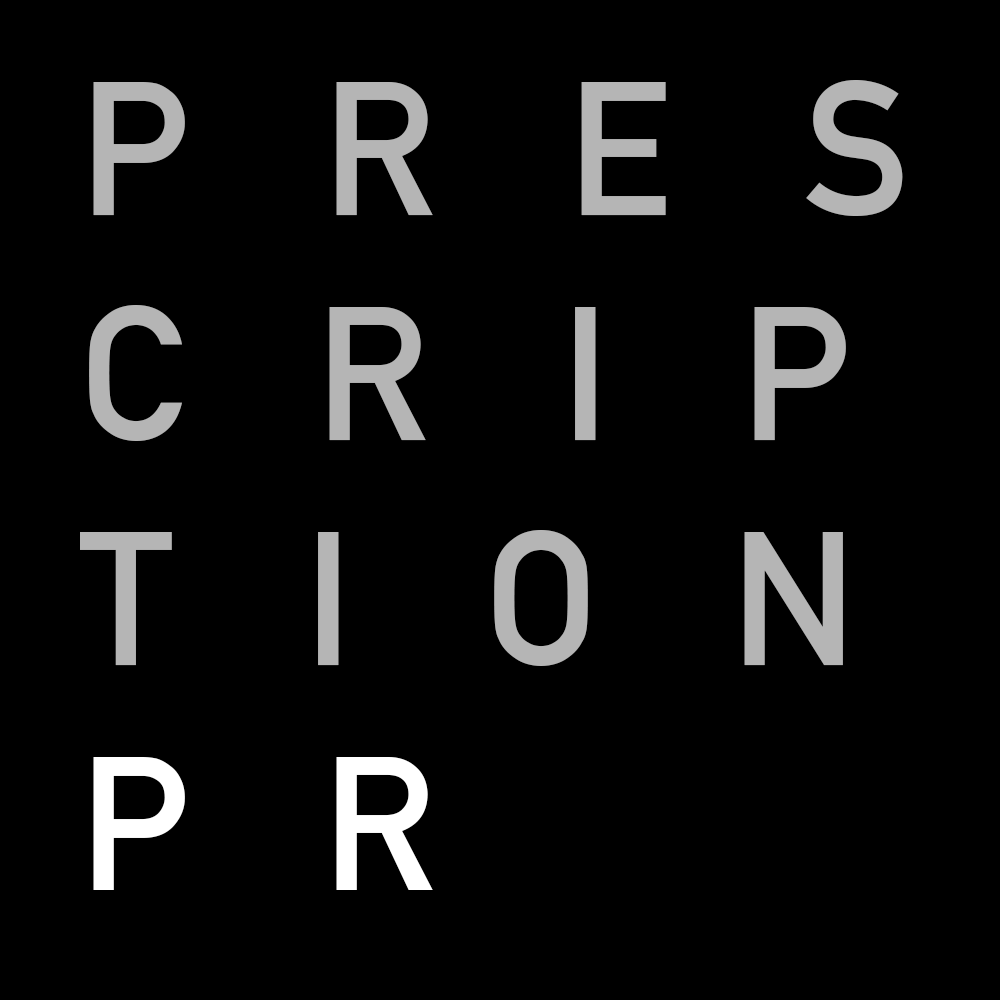The end of the download is nigh
If internet rumours are to be believed, June 6 2011 may possibly be the music industry’s equivalent of “The Rapture” (for those of you who haven’t been on Facebook recently, or have been living in a hole in the New Forest, The Rapture was the end of the world, and was supposed to happen on May 21. It didn’t, unless you are reading this on a cloud with Jesus or you are feeling rather hot and can’t concentrate on this article because a devilish imp is poking your bottom with a pitchfork). Of course “The Rapture” turned out to be a damp squib, but June 6 is more likely to live up to its reputation as being a day on which the music industry will change forever.
So what’s happening on June 6? Well, according to a multitude of newspaper articles and blog posts, it’s the date that Apple may unveil their ‘cloud service’ – a system that lets listeners stream music from the web. Now, as the cloud service in question hasn’t been unveiled yet, it’s not clear what form this is initially going to take. It could be that Apple are simply going to offer something similar to Amazon and Google’s new cloud systems, which allow you to upload and stream your music collection on the web, wherever you are.
But frankly, that’s a pretty boring approach, and unlikely to be what Apple’s “cloud offer” will be. If rumours are to believed, Apple have been working hard to secure licensing agreements with the “big four” record companies – Warner Music Group, Sony Music Group, EMI Group and Universal Music Group – which means all this is heading in one direction: a streaming service similar to Spotify’s, where listeners will eventually be able to stream whatever music they like (for a fee, of course).
If Apple does go down this route, it means that an en-mass switch from paid-for downloads to on-demand music streaming is now just around the corner – the rise of 3G web connections, increasing use of smartphones and Apple’s 75%-85% share of the download market would more or less guarantee that streaming becomes the de facto way that music is consumed. If Apple release a software update for iTunes containing streaming functionality, millions of iPod, iPhone and computer users in general all around the world would suddenly be able to stream music instead of paying to download files. The choice of tracks would be vast – significantly bigger than Spotify’s library, due to full music industry buy-in – and the reach of the service would be enormous too, thanks to Apple’s strong global position in both the download and mobile device markets. All this would arguably result in death of the download, and pretty quickly too.
What would be the impact of this on musicians? Well, for bands who are signed to a label and getting a significant marketing push, it would be fairly good news – it makes their music even easier to access. For musicians without a budget however, it would represent more of a headache. This is because streaming removes the attractiveness of a key tool used by musicians to entice people to sign up to email updates: the free download. For several years now, indie musicians with any clue whatsoever have been giving away downloads in exchange for the ability to communicate with fans online – with individual tracks, EPs or even albums being swapped for email addresses or Facebook ‘likes’. However, there is not much of an incentive for a potential fan to grab a free download from a band if a) they don’t really download music anymore and b) the track can be streamed anyway on iTunes.
The free-download-for-email-address scenario that we’ve seen over the past few years has led to a situation where clued-up independent musicians have to a certain extent been able to bypass traditional gatekeepers – labels, journalists, distributors, promoters and radio stations – and still make (often quite decent) amounts of money from music via direct-to-fan sales. Perhaps it’s a negative way of looking at things, but with downloads diminished as an incentive for joining a mailing list, indie musicians will be able to communicate directly with fewer and fewer listeners online, and power will go back to being concentrated in the hands of the traditional music industry tastemakers: a label will decide what music to promote, and spend money encouraging people to stream it (rather than buy it). In effect, a technological advancement may lead us back full circle to a situation whereby only those with budgets can create demand.
But if you are an indie musician who has built a business model on free downloads, and all this does sound like the end of the world, don’t despair yet. Pretty much every technological development in the music industry has shut one door only to open another; and with all these developments, the trick is to stay ahead of the curve. The musicians who twigged that free downloads helped build databases first built the biggest databases (and sold the most music and merchandise); and it will be the musicians who twig how best to use streaming cleverly who will monetise the new landscape. The trick is to think fast. The end of the download is nigh – get ready.


